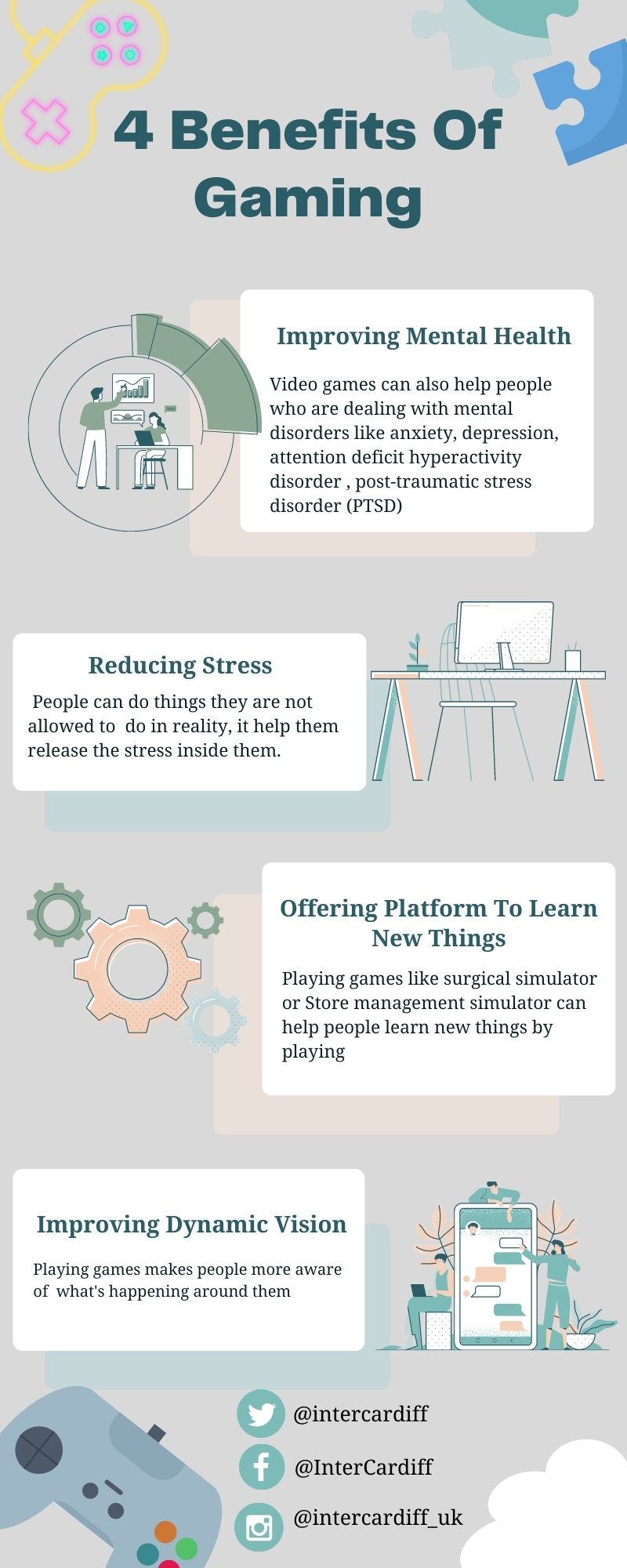The Never Give In campaign is trying to change the public’s attitude towards gaming as a tool to improve young people’s mental health.
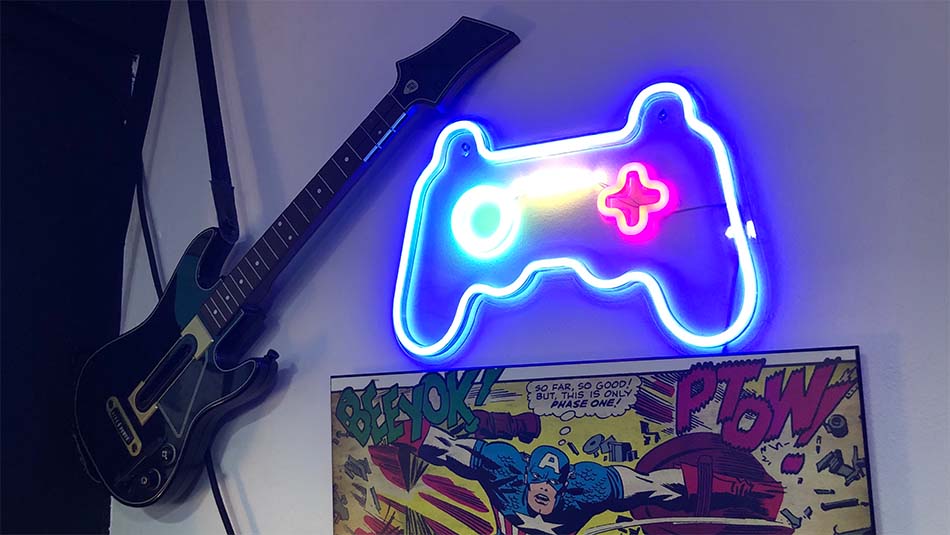
Campaigners are trying to help young people suffering from mental health by utilising video games as a solution in Cardiff while most people only consider gaming as a form of entertainment.
The ‘Never Give In’ campaign, supported by the Cardiff Council, believes that the vedio games can help young people to improve their mental health. However, the public is more likely to consider that playing vedio games just a entertainment. The campaigners are trying to change this perception by helping young people who suffer from issues like anxiety, depression and other mental disorders through gaming.
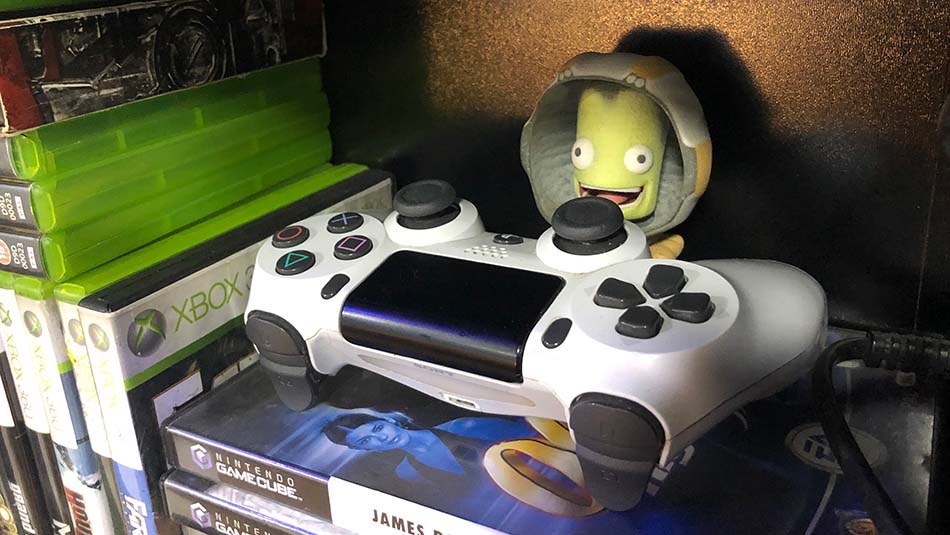
“Mental health is a big issue for young people,” said Andrew Collins, the project manager of the Never Give In campaign. “I think the only nice thing is that perhaps this generation is more aware of it, especially with everything that’s gone on over the last two years, like someone who has gone off to university and not been able to have the experiences they expected.”
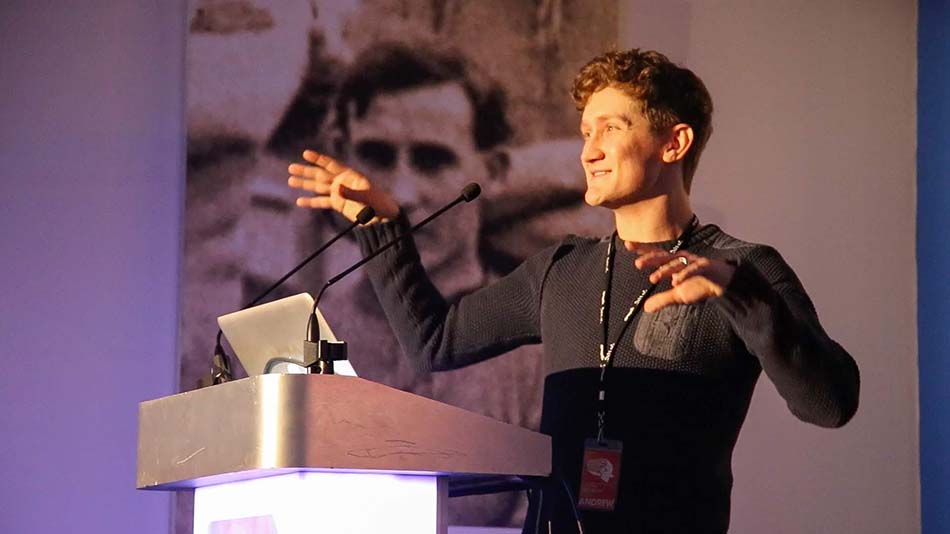
According to the Young Minds, an organisation working to help young with their mental health, in the UK, one in six children aged five to 16 were identified as having a probable mental health problem in July 2021. This was an increase of 50% from 2017’s data, presumed to be caused by the pandemic. Cardiff as a ciry with 114,000 children according to macrotrends, the challenges of young people’s mental health cannot be ignored.
For promoting the positive aspects of gaming, they encourage young people to express themselves through art. All their works will be displayed in Good Game Café, and they hope this helps more people in understanding video games and those who participate in gaming better.
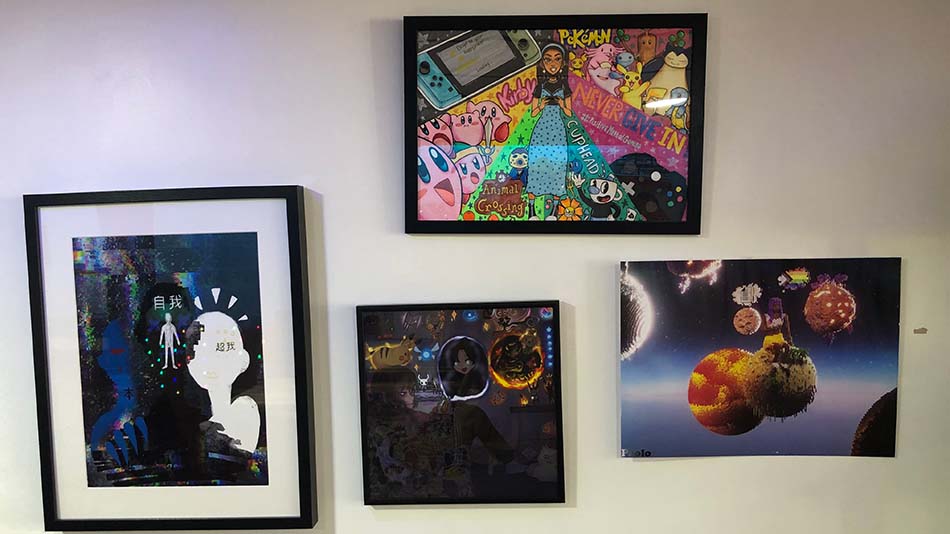
However, as a goal they try to achieve, the attitude of the public about gaming is also a hindrance to them.
“Even within Cardiff Council, who issued the money for us to be able to run this project, there are some people that still have a negative view of gaming,” said Andrew “There are concerns around eyesight, and even the most ridiculous like video game violence leading to real-world violence, even though we know there’s absolutely no link with that whatsoever.”
A 2020 study led by researchers from New Zealand showed that since 2008, there’s been a negligible correlation between gaming and aggression. The findings were below a threshold to be even called to have ‘small effect’.
“Logging onto a game is like my form of meditation.” said Jacob, a interviewee of the project, also a 11 years old boy who like playing minecraft(a vedio game). Accordding to Jacob, his parents have recently split up causing me a lot of anxiety and depression to him. Playing game can give him a break from real life which he find difficult to do normally. It relaxes him gives him positive vibes as when he games.
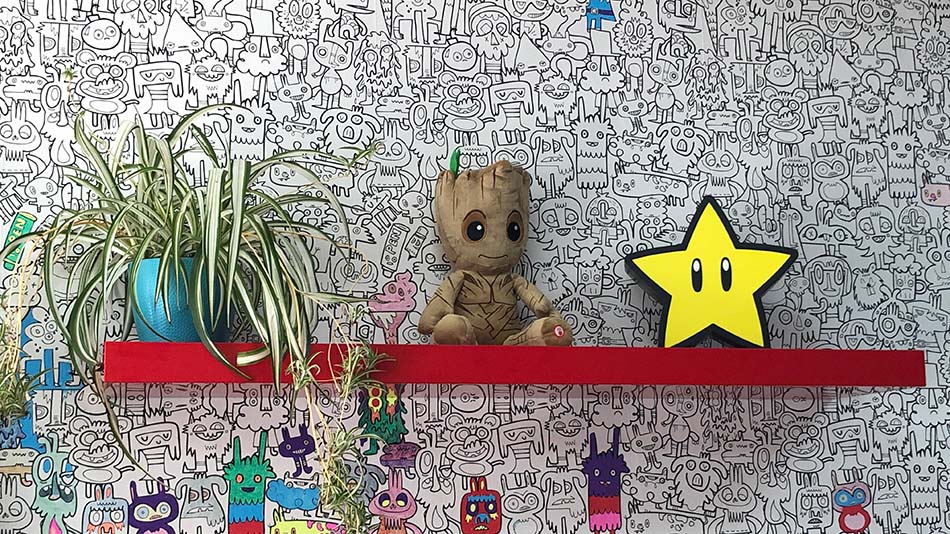
According to WebMD, a medical organisation, video games can help people who are dealing with not only anxiety and depression, but also attention deficit hyperactivity disorder (ADHD) and post-traumatic stress disorder (PTSD).
Campaigners also interview the young people to find out which specific kinds of games help their mental health. For instance, they’ve discovered that online multiplayer games that allow them to interact with others help those who face difficulties in socialising in real life.
“The lockdowns probably made socialising even more daunting,” said Andrew. “Most of the people we have suffer from different kinds of social anxiety. Gaming offered them a gateway, almost like an escape from that because they could do their socialising without having to do that face to face.”
